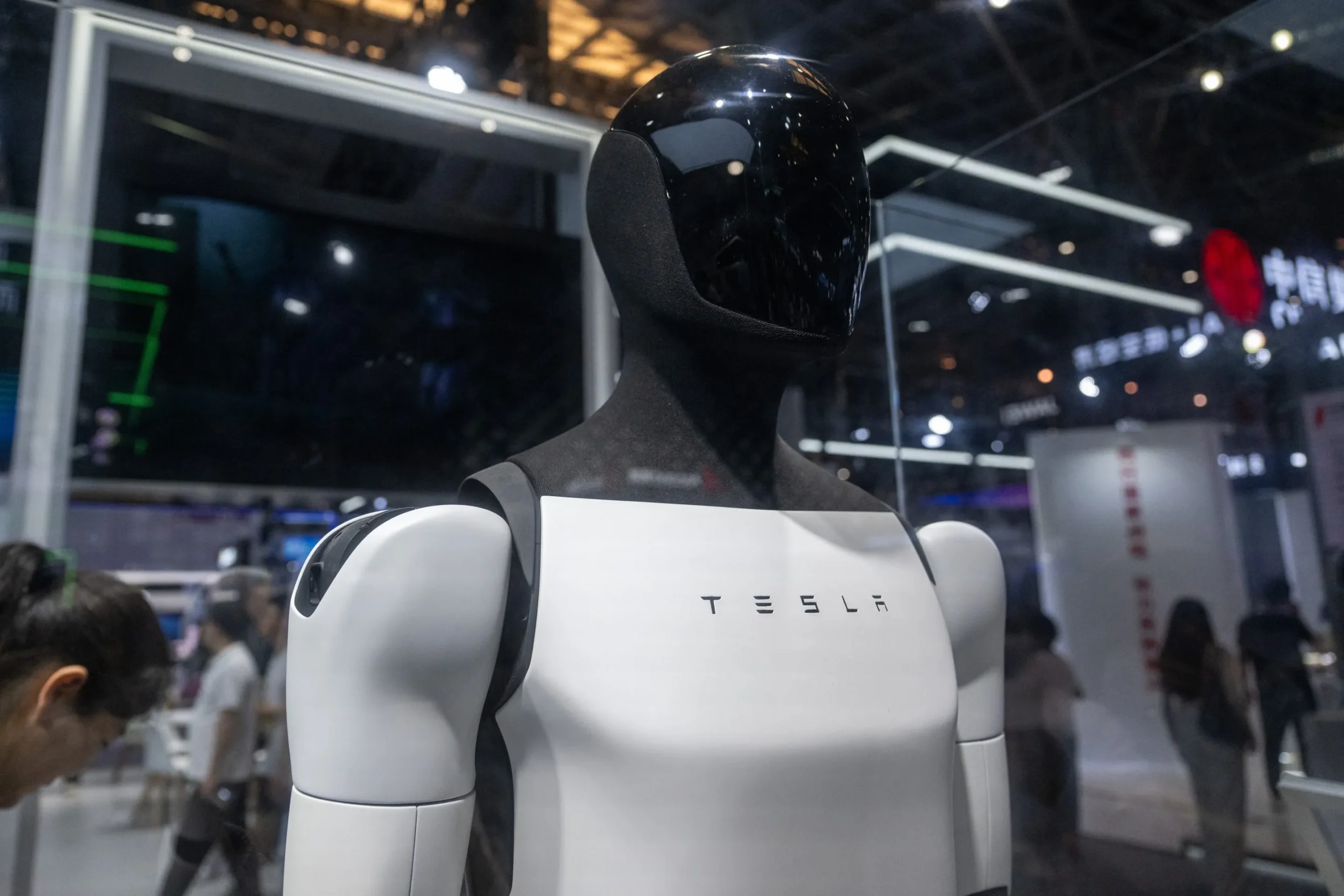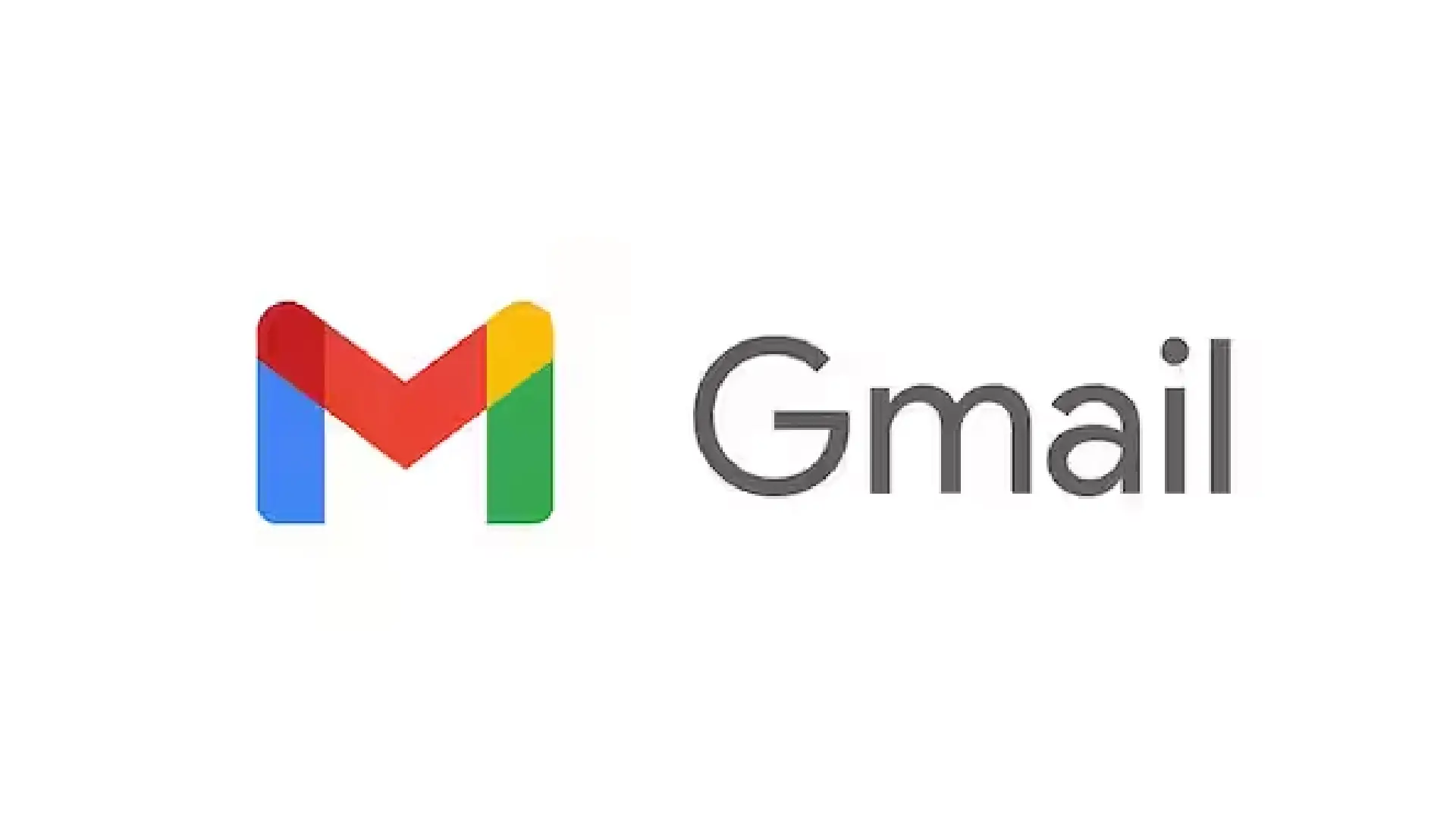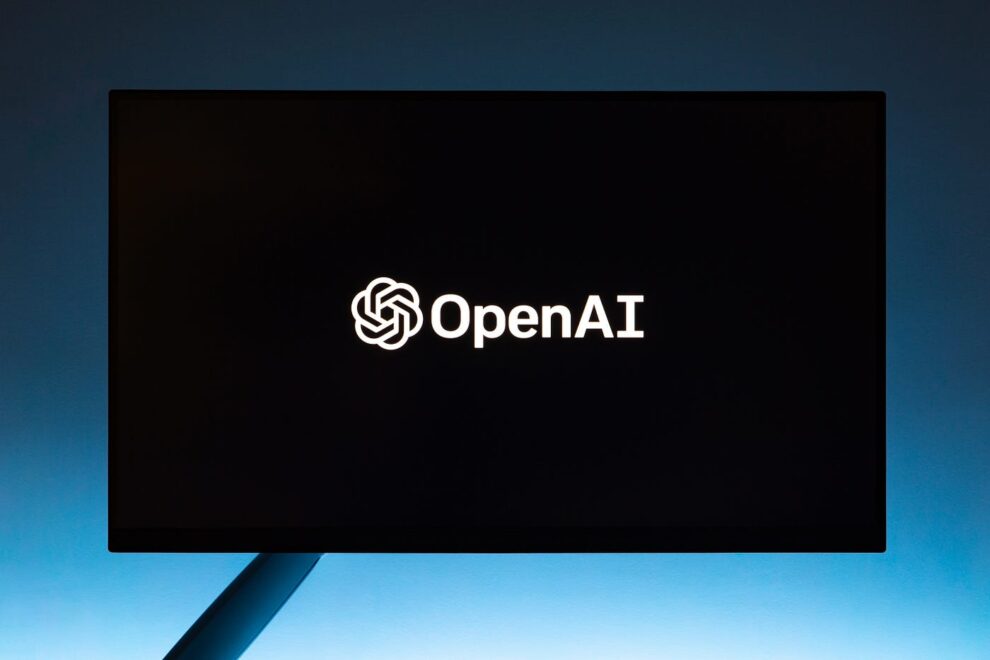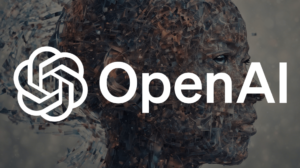Recent reports suggest that OpenAI, the renowned artificial intelligence research laboratory, is contemplating a significant shift in its business model. Sources indicate that the organization, currently structured as a non-profit, may be considering a transition towards a for-profit entity. This potential change has sparked widespread discussion and debate within the AI community and beyond, raising questions about the future direction of OpenAI and its implications for the broader AI landscape.
The Driving Forces Behind the Potential Shift
Several factors appear to be contributing to OpenAI’s exploration of a for-profit model. One key driver is the substantial financial resources required to support cutting-edge AI research and development. The computational demands of training large-scale AI models are immense, necessitating significant investments in hardware and infrastructure. Additionally, attracting and retaining top AI talent comes with a hefty price tag. A for-profit structure could potentially provide OpenAI with greater access to capital, enabling it to accelerate its research efforts and compete more effectively in the rapidly evolving AI market.
Another factor is the growing commercial potential of AI technologies. OpenAI has already demonstrated the ability to create AI models with a wide range of practical applications, from language generation and translation to image recognition and content creation. By transitioning to a for-profit model, OpenAI could potentially capitalize on these commercial opportunities, generating revenue to further fuel its research and development initiatives.
The Challenges and Considerations
While a for-profit model could offer certain advantages, it also presents several challenges and considerations for OpenAI. One significant concern is the potential impact on the organization’s mission and values. OpenAI was founded with the goal of ensuring that artificial general intelligence (AGI) benefits all of humanity. Some worry that a for-profit structure could compromise this mission, leading OpenAI to prioritize profit over the broader societal implications of its work.
Another challenge is the potential for increased competition and conflict of interest. As a for-profit entity, OpenAI would likely face greater pressure to prioritize commercial success over open collaboration and knowledge sharing. This could potentially hinder the progress of the broader AI community and create barriers to entry for smaller players.
Navigating the Path Forward
As OpenAI contemplates its future, it must carefully weigh the potential benefits and drawbacks of a for-profit model. The organization will need to develop a clear strategy for balancing its financial needs with its mission and values. This may involve exploring hybrid models that combine elements of both non-profit and for-profit structures.
Additionally, OpenAI will need to maintain transparency and open communication with the broader AI community. This will be crucial for building trust and ensuring that its work continues to benefit society as a whole. By engaging in open dialogue and collaboration, OpenAI can help to shape the future of AI in a responsible and ethical manner.
Key Points to Consider
- The potential shift to a for-profit model reflects the growing commercial potential of AI and the significant financial resources required to support cutting-edge research.
- OpenAI must carefully weigh the potential benefits and drawbacks of a for-profit structure, balancing financial needs with its mission and values.
- Transparency, collaboration, and a commitment to the betterment of humanity will be crucial for OpenAI to navigate this transition successfully.
- The future of AI development hinges on finding a balance between financial sustainability, ethical considerations, and societal impact.
Additional Considerations
- The potential impact of a for-profit model on OpenAI’s research agenda and priorities.
- The implications for the broader AI community and the potential for increased competition and conflict of interest.
- The role of government and regulatory bodies in shaping the future of AI development.
- The importance of public engagement and education in fostering a responsible and ethical AI ecosystem.
OpenAI’s potential transition to a for-profit entity marks a significant turning point in the organization’s history. The decisions made in the coming months will have far-reaching implications for the future of AI development and its impact on society. By prioritizing transparency, collaboration, and a commitment to the betterment of humanity, OpenAI can help to ensure that AI technologies are developed and deployed in a responsible and beneficial manner. The path forward may be challenging, but the potential rewards are immense.



















